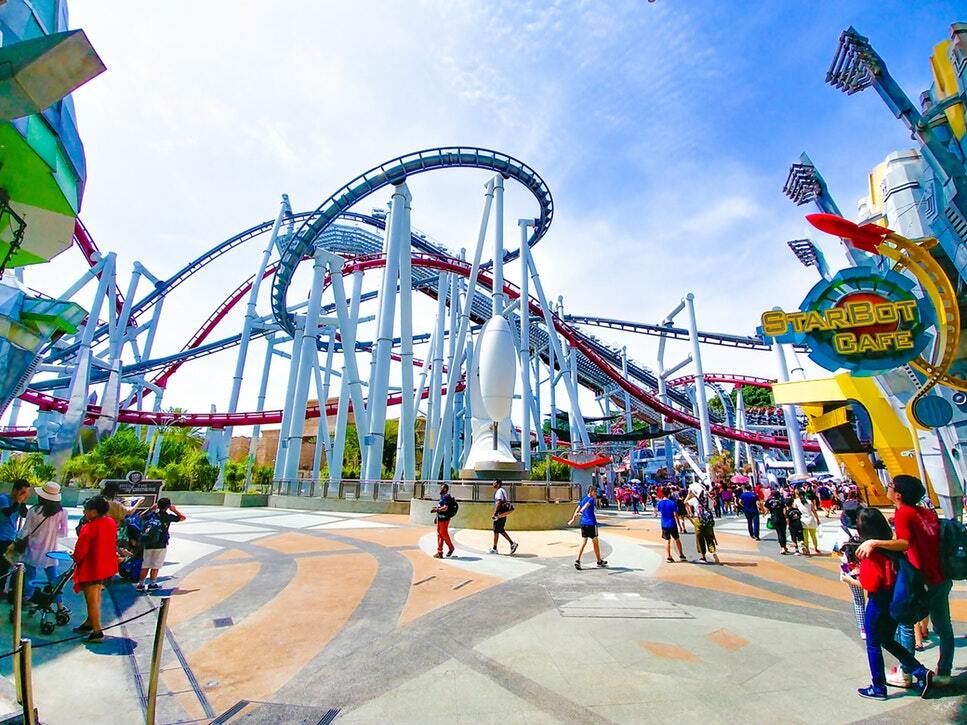Florida is home to some of the most popular theme parks in the world where locals and tourists alike come to experience fun and excitement. Unfortunately, accidents do not take a break just because we are on vacation. Amusement park owners, like all property owners, have a responsibility to keep their grounds safe and take necessary precautions to avoid serious injuries when guests are visiting.
The process by which Florida theme parks self-report visitor injuries to the state came into serious question this year after an Orlando Sentinel investigation found that some of these reports lacked important details on the severity of the injuries.
On more than one occasion, serious injuries involving broken bones were documented as “pain” or “numbness.” Others who suffered heart attacks or strokes were described as “fallen ill” or their cases were completely missing from the report. The danger in this is that if these reports lack critical information, the public is not able to make informed decisions about what they expose their families to when visiting theme parks.
Florida Theme Park Injury Self-Reporting System

In Florida, theme parks are a mostly self-regulated industry. Major amusement parks, including Disney World, Universal, SeaWorld, Legoland, and Busch Gardens, are exempt from state ride inspections but are required to provide injury reports to the Florida State Department of Agriculture and Consumer Services.
Under the current 20-year-old agreement, the agriculture department releases a theme park injury report every three months and meets with theme park officials yearly. Parks are only required to report visitors’ health problems on rides when the health problem results in a 24-hour hospital stay.
Critics of the current system suggest that the public is left with inadequate information about serious accidents at these major theme parks because their self-reporting system is not government regulated. They also suggest that the parks have no consequences if they downplay serious injuries.
Potential Legislative Changes
Theme parks in Florida handle visitor injury reporting differently than in other states like California, which is also home to Disney and Universal parks. In California, theme parks are required by law to report all deaths and health issues that involve more than just first aid. California regulators investigate visitors’ accounts after injuries happen, while theme parks in Florida retain visitors’ contact information and do not give it to the state. Additionally, Florida regulators are not currently mandated to follow up with victims to verify injury accounts.
Creating similar regulations in Florida could be a steep battle according to some government watchdog agencies. Disney and Universal spend millions of dollars every year supporting politicians’ fundraising events with food, drinks, venue space, free tickets, and hotel rooms.
Before heading to the legislature, state officials are looking to amend the agreement with the theme parks to update processes to include more detailed information in their injury reports.
Theme Park Accident Help
If dangerous conditions at an amusement park cause injury to a guest, the property owner may be held liable for damages whether or not the injury is reported correctly or reported at all. These types of cases with large corporations can be complex, however, we have the experience and expertise to stand up for our clients’ rights.
We encourage you to contact our team if you have any questions or believe you are the victim of an injury caused by the negligence of a property owner. Call us for a free consultation at (305) 662-6178.
- Russon (2020, October 9). When Orlando, Florida theme parks self-report ride injuries, details can be left out. Retrieved from:
- Russon (2020, October 21). Florida regulators to seek more details about injuries suffered on theme park rides. Retrieved from:


